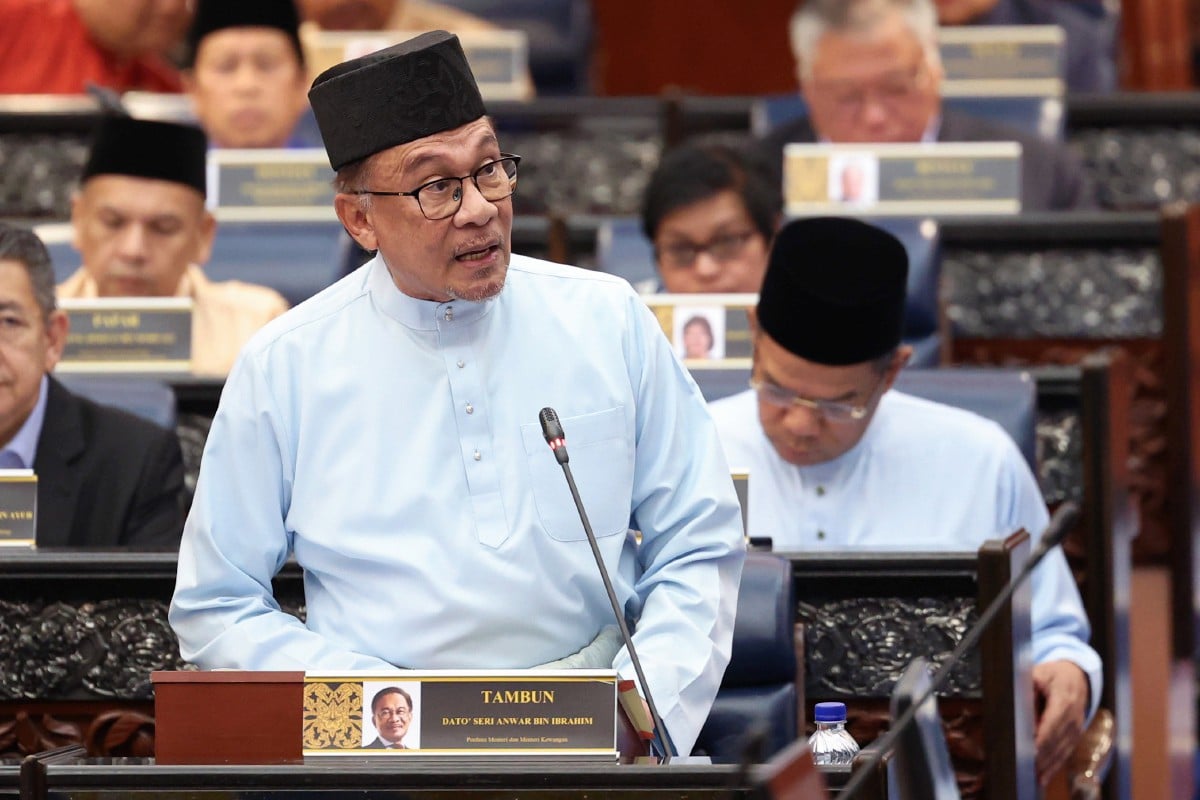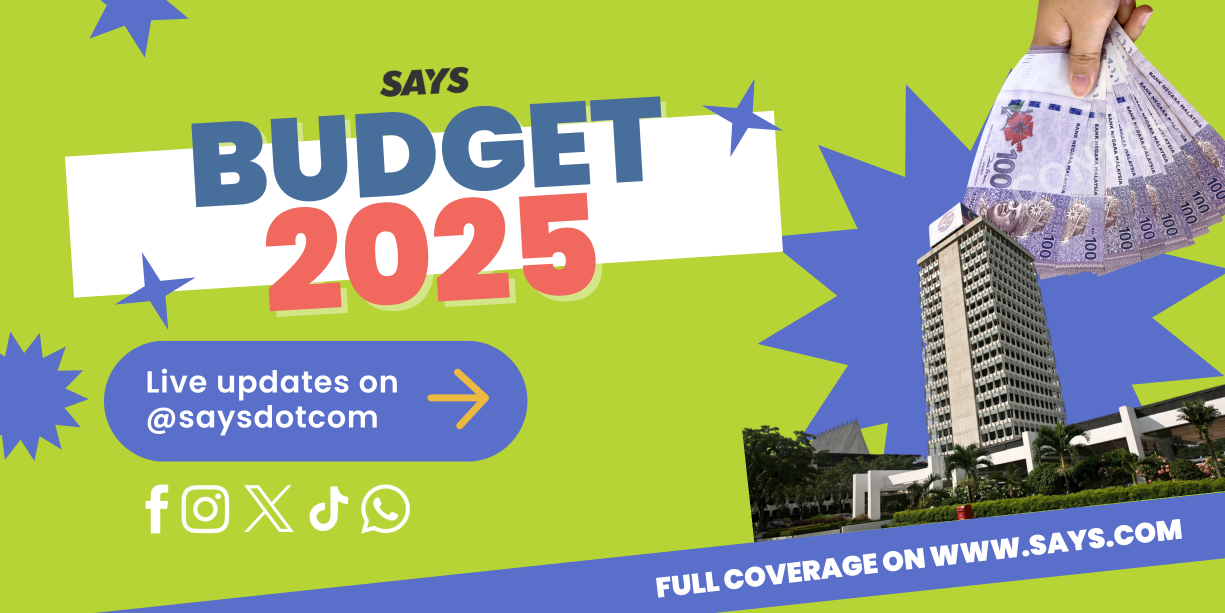Here's What To Expect In Budget 2025
The federal budget will be tabled on Friday, 18 October.
The upcoming Budget 2025 is expected to balance economic growth while addressing the needs of the most vulnerable communities in Malaysia, particularly in light of the rising cost of living
According to Bernama, there will be high expectations for Prime Minister Datuk Seri Anwar Ibrahim, who is also the Finance Minister, as he unveils the budget for the upcoming fiscal year at 4pm this Friday, 18 October.
The prime minister is said to be aware of the struggles faced by Malaysians on a daily basis, particularly concerning high food prices, housing shortages, and lack of access to healthcare, among other challenges.
The budget is expected to focus on raising the people's standard of living by introducing policies to increase wages and accelerate economic growth for a broader population
Initiatives are expected for various demographics, including farmers, fishermen, smallholders, daily wage earners, youths, gig workers, housewives, single mothers, and people with disabilities.
There is an expectation for a higher budget allocation to address ongoing economic struggles, following previous initiatives in Budget 2024.
Last year's budget, themed 'Economic Reforms, Empowering the People', had an allocation of RM393.8 billion.
As for tax, the government may explore broadening its tax base by potentially introducing a sugar tax, a high-value goods tax, and expanding the sales and services tax (SST)
According to the New Straits Times, Transport Minister Anthony Loke has shut down claims of the possible introduction of an inheritance tax, while Anwar said the government will only reintroduce the goods and services tax (GST) if the country's minimum wage reaches between RM3,000 and RM4,000.
Currently, the monthly minimum wage is RM1,500.
Furthermore, while the rationalisation of RON95 subsidies could lead to government savings, Economy Minister Rafizi Ramli has commented that its implementation may be delayed due to the recent stronger economy and appreciating ringgit.
Ultimately, the government is expected to aim for gradual fiscal consolidation by reducing national debt while improving the quality of life for all Malaysians by investing in areas such as education, public health, and infrastructure
The national debt currently stands at 64% of the Gross Domestic Product (GDP), with the government aiming to reduce it to 60%.
Meanwhile, the fiscal deficit has been lowered to 5.0% of the GDP in 2023, compared to 5.6% in 2022, with a projected further reduction to 4.3% this year.


